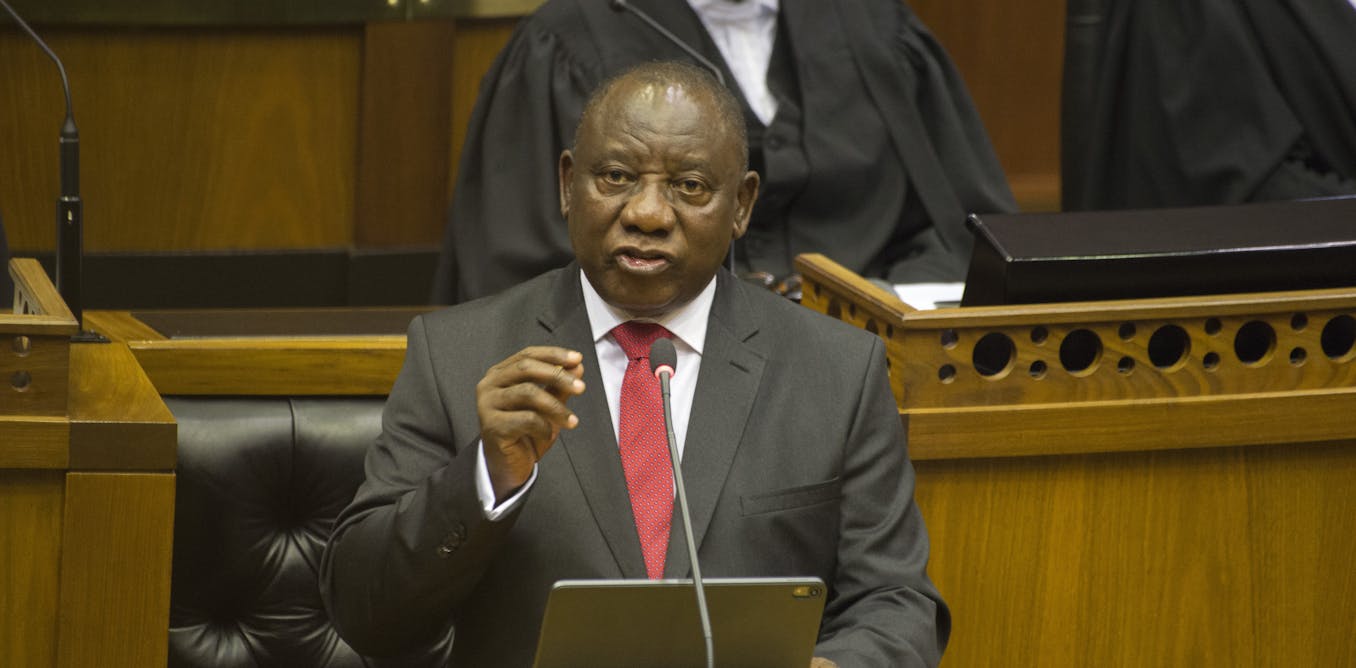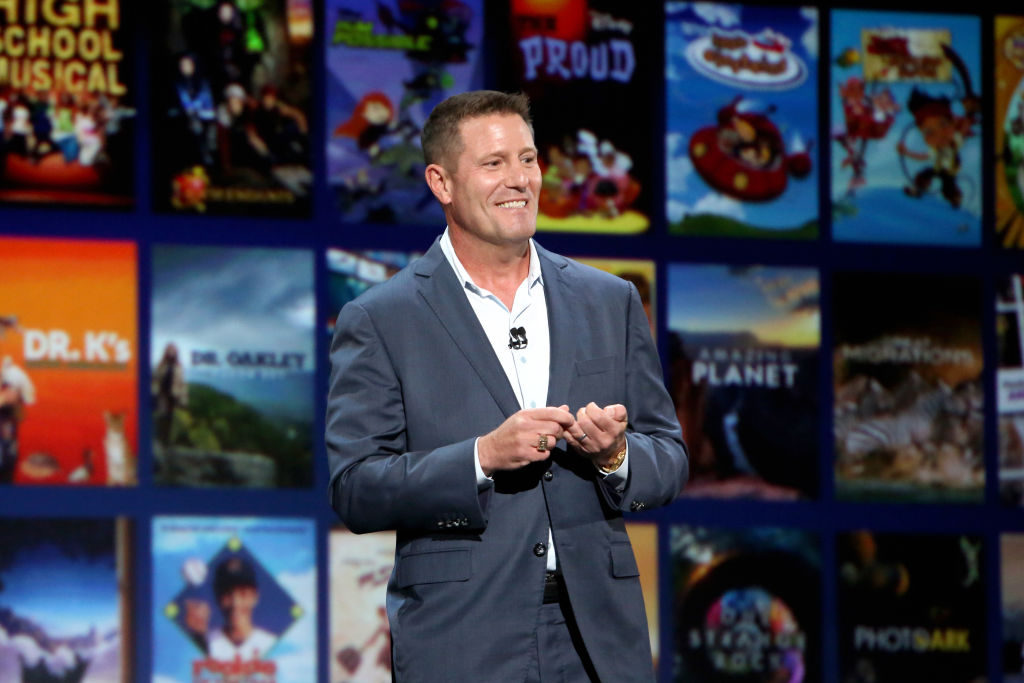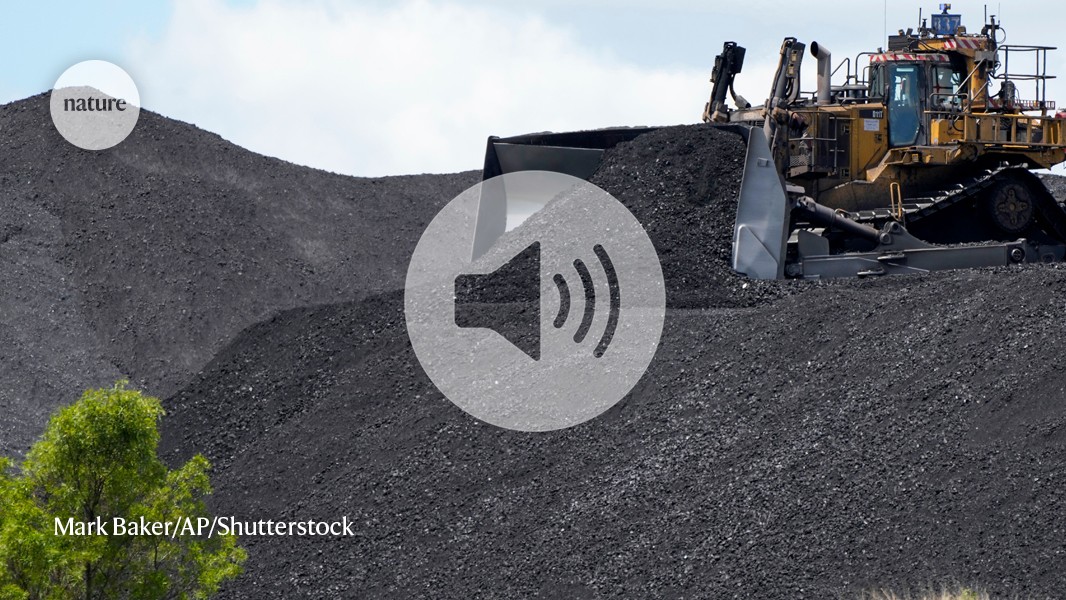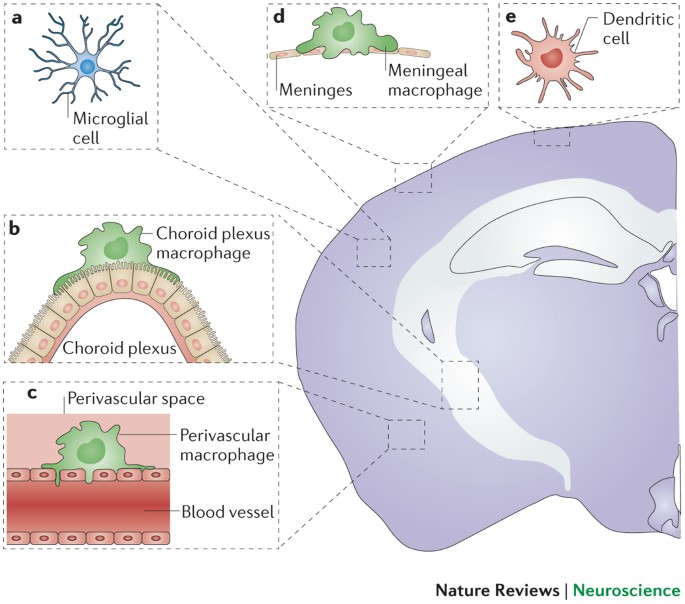
- Select a language for the TTS:
- UK English Female
- UK English Male
- US English Female
- US English Male
- Australian Female
- Australian Male
- Language selected: (auto detect) - EN
Play all audios:
South African President Cyril Ramaphosa’s third State of the Nation Address was longer on statecraft and strategy than his first of the year in February, even if it disappointed some critics
with the lack of implementation detail. Much of the public commentary on these addresses past and present is ill-informed and, more importantly, ill-conceived. The State of the Nation
Address should not be a dreary laundry list of everything the government intends to do. Those looking for an “action plan” will inevitably be disappointed. It is not supposed to be such a
thing. Instead, a good state of the nation address, such as Ramaphosa’s latest, will focus on the vision and the strategy. It needs to tell the watching and listening public that the
President is in command and that he knows what needs to be done and why. This is especially so in the current context of a divided governing party, the African National Congress (ANC). There
remains an embedded but increasingly desperate fight-back campaign from former president Jacob Zuma’s network and other fellow ultra nationalist travellers. Their current crude approach is
to derail Ramaphosa’s reform agenda and sabotage his strategy for attracting new investment in the economy, both domestic and international. Hence, Ramaphosa had to offer convincing evidence
that he is in control and not just in office. He succeeded in this. And there was a clear narrative. THE ECONOMY The economy is in real trouble and so is the fiscus. South Africa needs to
act now or it’s in dire trouble. So the country needs to focus on the things that matter most. This includes the most productive parts of the economy with the greatest job-creating
potential, and an efficient state. ------------------------- _ READ MORE: RAMAPHOSA'S CRITICAL CHOICES TO GET SOUTH AFRICA BACK ON TRACK _ ------------------------- Then South Africans
need to stick to their guns and get it done. It may not be to everyone’s taste, and predictably there were no bright new policy ideas and no sense that Ramaphosa is willing to look at the
new ideas on economic policy. The question is whether what he’s set out is innovative enough to address the deep structural constraints that hamper South Africa’s economy. And to ignite
sustainable, job-creating growth. Ramaphosa offered five simple yet bold goals for the next ten years that cut across the social and economic structural constraints that inhibit South
Africa’s potential, and deny so many citizens a decent, dignified existence: No person will go hungry; the economy will grow at a much faster rate than the population; two million more young
people will be in employment; schools will have better educational outcomes and every 10-year-old will be able to read for meaning; violent crime will be halved. On issues that have served
to distract recently, such as the so-called call for ‘nationalisation’ of the South African Reserve Bank, Ramaphosa could not have been more clear that he is the adult in the room. He
confirmed unequivocally the Bank’s constitutional mandate, while deftly nodding to the fact that the Minister of Finance must consult with the Bank, and vice versa, to ensure that monetary
policy is supportive of economic growth as well as price stability – around which topic there is an authentic debate to be had. THE ENERGY QUESTION Ramaphosa also spoke, using
unprecedentedly and appropriately clear language, about the climate emergency that faces humanity, warning that > the extreme weather conditions associated with the warming of the >
atmosphere threaten our economy, they threaten the lives and the > livelihoods of our people, and – unless we act now – will > threaten our very existence. However, he did not take the
next logical step, which is to conclude that South Africa’s duty is to urgently reduce its own emissions and, concomitantly, its own dependence on fossil fuels, especially coal. This
suggests that this is not a battle he is yet ready to have, even though he clearly gets the need to ramp up South Africa’s commitment to renewable energy – as well as the opportunity that
this sector presents. He was less clear on the subject of the country’s elephant in the room: the state power utility Eskom. While accepting the risk that the public utility’s precarious
financial position presents to the economy and his government’s own commitment to saving the embattled power utility, Ramaphosa failed to provide a clear enough picture about how and when
the unbundling process will begin – something the market was desperate to hear. Nor did he confirm the name of the person who will fill the potentially critical role of chief restructuring
officer. Clearly, the unbundling cannot really get going until that position is filled, but why the delay? This is a prime example of the political fact that what matters next is sticking to
the strategy and getting the job done. That will require even more statecraft and leadership. It is about political management – of government and more so of Ramaphosa’s ‘Monday job’,
namely coping with an unruly and ill-disciplined governing party. (He spends much of Monday at Luthuli House, the ANC’s headquarters in Johannesburg, as its president). MORE TESTS TO COME
Ramaphosa will face many more tests of his leadership and power in the days and weeks to come. Since he has never been more powerful and may never be so powerful again, having arrested the
ANC’s electoral decline at the recent national and provincial election, he will need to confront his opponents and ruthlessly crush them. This may not be Ramaphosa’s style. He prefers to win
by putting in place careful processes and then striking when he can and when he thinks he has built enough of a consensus to act. On both fronts – the ANC and government – Ramaphosa may now
face choices on which no sufficient consensus can be built. And so he may need to adjust his leadership to accommodate the urgency of the moment, to take greater risks in executing his
reform agenda. He will need to show that he has what it takes to win.






